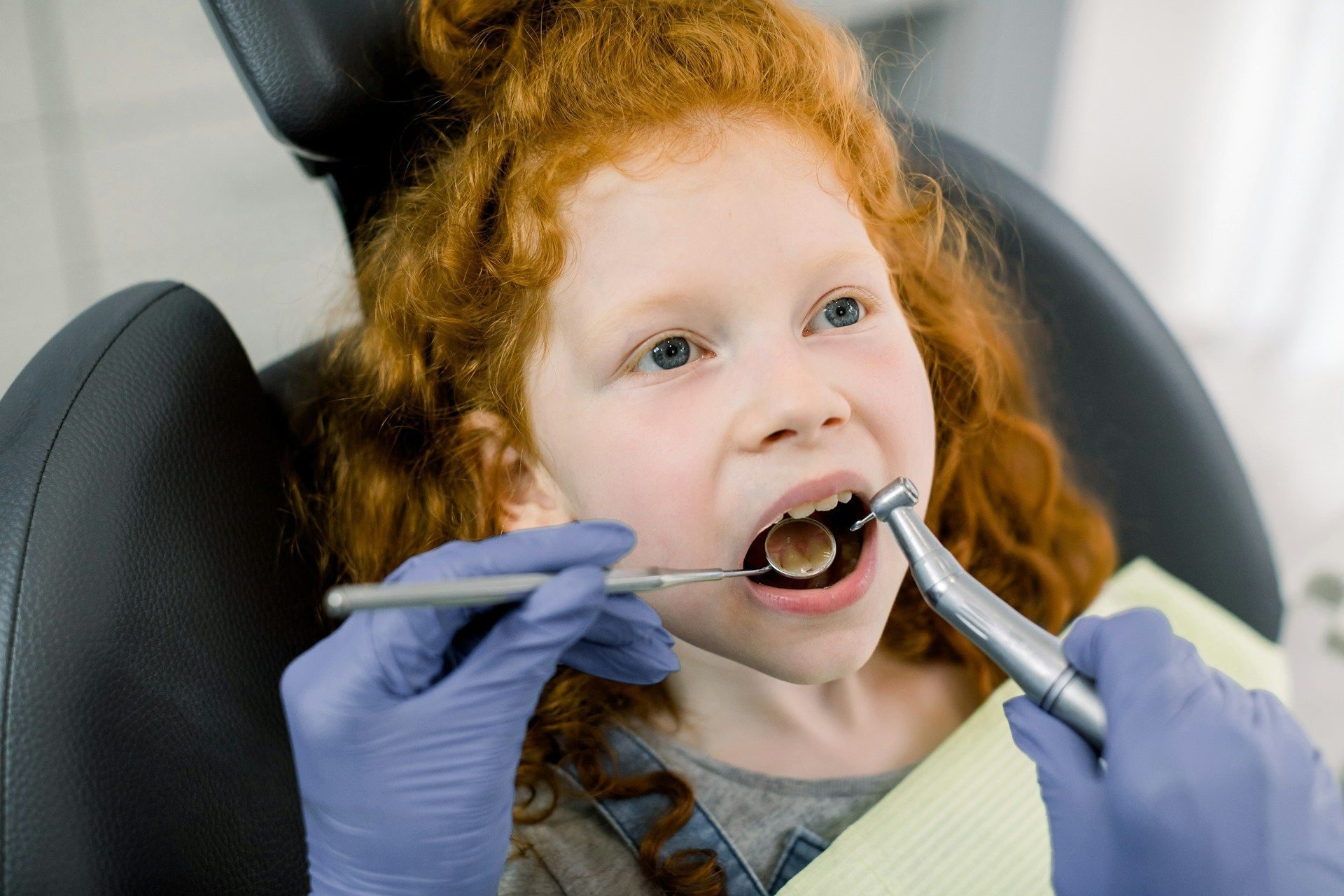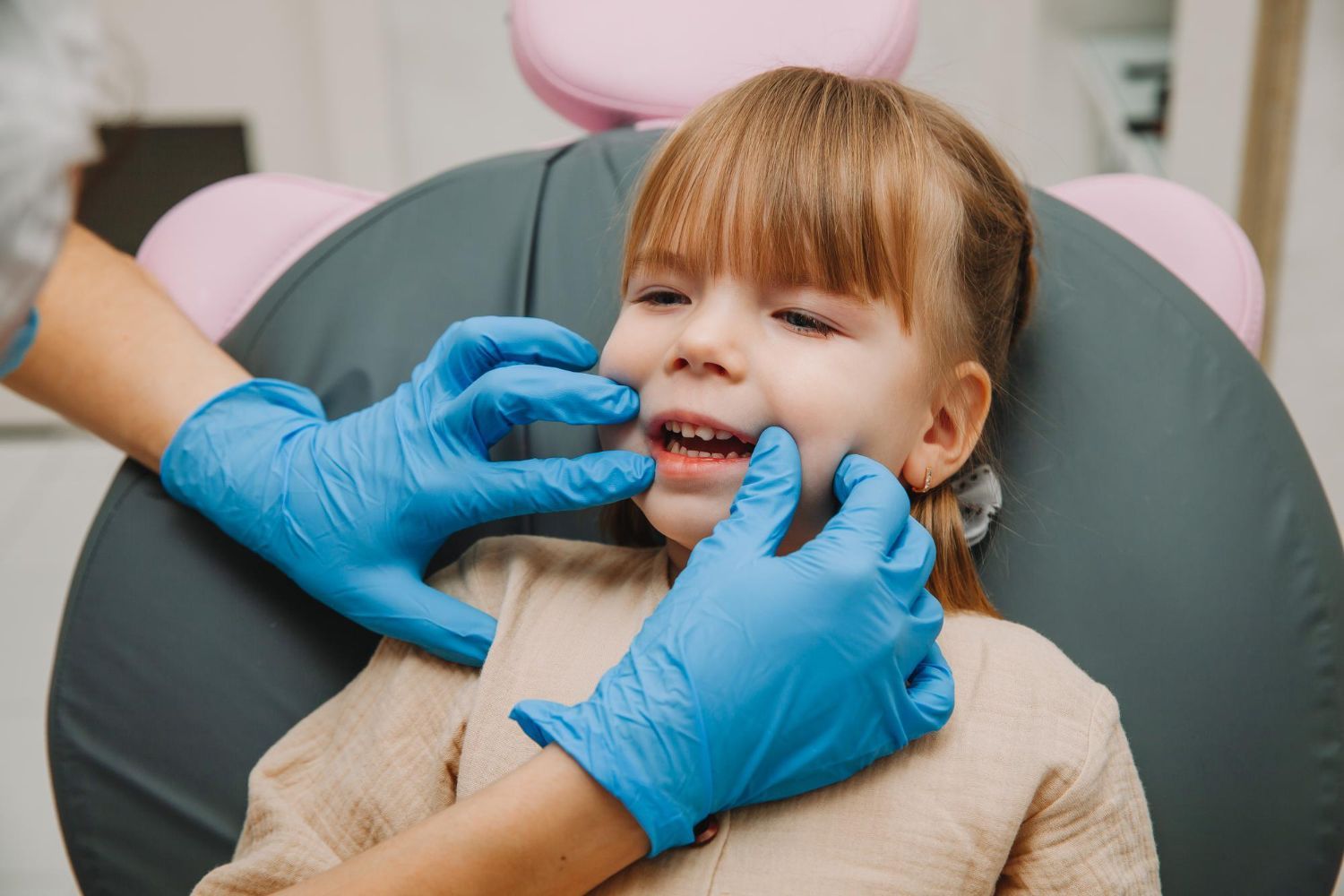How to Handle Your Child's Toothache
A child's toothache can be a distressing experience for both the child and the parents. Toothaches often come unexpectedly and can cause significant discomfort, making it hard for your little one to eat, sleep, or even focus on their daily activities. As a parent, it's essential to know how to handle a toothache effectively to provide your child with quick relief and prevent further dental problems.
Understanding the causes of toothache is the first step in addressing the issue. Toothaches can arise from various sources, such as cavities, gum infections, or even a piece of food stuck between teeth. Sometimes, the pain might be due to growing pains from incoming teeth or a minor injury to the mouth. Identifying the cause helps in choosing the best course of action for relief and treatment.
Immediate care, home remedies, and knowing when to seek professional help can make a significant difference in managing your child's toothache. There are several practical steps you can take right at home to alleviate pain and make your child comfortable. Additionally, understanding when it’s time to see a dentist ensures your child receives the proper care they need for any underlying dental issues. Equipped with this knowledge, you can effectively handle your child's toothache and ensure their dental health and comfort.
Identifying the Cause of Your Child's Toothache
The first step in handling your child's toothache is identifying what might be causing the pain. Several factors can lead to toothaches, and pinpointing the cause helps in providing the right treatment. One common cause is cavities. These tiny holes in the teeth are a result of tooth decay and can be quite painful. Cavities often form when sticky and sugary foods remain on the teeth for too long, leading to bacteria build-up.
Another potential cause of toothache can be gum infections. Red or swollen gums can be a sign of gingivitis or other infections, which cause discomfort and pain around the affected teeth. Sometimes, orthodontic issues, such as misaligned teeth or growing pains from teething, can be the culprits behind a toothache. And, of course, kids being kids, there's always the possibility of a minor mouth injury from playing or falling.
Food particles stuck between teeth can also cause toothaches. Hard pieces of food, like popcorn kernels or candy, might get lodged between teeth, irritating the gums and causing pain. Knowing these different causes can help you determine why your child is experiencing discomfort and guide you toward the best steps to take to ease their pain.
Immediate Steps to Relieve Toothache Pain
When your child complains of a toothache, you want to find quick ways to help them feel better. Start by having your child rinse their mouth with warm salt water. This simple mixture can help reduce inflammation and clean the mouth of any debris that might be causing pain. Encourage your child to swish the mixture around gently to avoid causing further discomfort.
Another immediate step is to use a cold compress. Place a cold pack or a bag of frozen vegetables wrapped in a cloth on the outside of your child's cheek near the painful area. The cold temperature can help numb the pain and reduce swelling. Applying the compress for 15-20 minutes at a time can bring temporary relief.
If the pain persists, giving your child an appropriate dose of children’s pain reliever, such as acetaminophen or ibuprofen, can be helpful. Always follow the dosage instructions on the package and ensure it's safe for your child’s age and weight. These pain relievers can provide temporary relief until you can get a more permanent solution.
Remember, these are only temporary measures to ease the discomfort. Identifying the cause and addressing it with the help of a dental professional will ensure that the toothache doesn’t return. Proper dental care and immediate attention can make a big difference in your child's comfort and overall oral health.
Home Remedies and Over-the-Counter Solutions
When a toothache hits, there are some simple home remedies and over-the-counter (OTC) solutions that can provide relief. One popular home remedy is using clove oil. Clove oil has natural pain-relieving properties. You can dab a small amount of clove oil on a cotton ball and apply it to the sore area. Make sure to use it sparingly, as it can be quite strong.
Another effective home remedy is a warm saltwater rinse. Mix a teaspoon of salt in a glass of warm water and have your child rinse their mouth thoroughly. This helps clean the affected area and reduce swelling. Encourage your child to use this rinse several times a day until the pain subsides.
For OTC solutions, children's pain relievers like acetaminophen or ibuprofen can help manage the pain. These medications not only ease discomfort but also reduce inflammation. Remember to follow the dosage instructions based on your child's age and weight. Oral pain relievers like benzocaine gels can also provide temporary relief when applied to the affected tooth, but use them with caution and consult the packaging instructions.
When to Visit the Dentist and What to Expect
While home remedies and OTC solutions can provide temporary relief, it's important to know when to visit the dentist. If your child's toothache persists for more than a day or two, or if the pain is severe, it’s time to make an appointment. Other signs that require a dentist's attention include persistent swelling, fever, or signs of infection like pus around the tooth.
At the dental office, the dentist will perform a thorough examination to identify the root cause of the toothache. This typically involves a visual inspection and possibly X-rays. Based on the findings, the dentist will recommend the appropriate treatment. Treatments can range from simple fillings for cavities to more involved procedures like root canals if the damage is extensive.
During the visit, the dentist may also provide preventive advice and tips to avoid future toothaches. This can include guidance on brushing and flossing techniques, dietary recommendations, and regular dental check-ups. Ensuring you follow the dentist’s advice can help keep your child’s teeth healthy and prevent future aches.
Conclusion
Handling your child's toothache effectively involves identifying the cause, providing immediate relief, and knowing when to seek professional help. By using home remedies and OTC solutions, you can manage your child's discomfort in the short term. However, visiting the dentist ensures that any underlying issues are properly addressed and treated. Maintaining a good dental hygiene routine and regular check-ups play a vital role in preventing toothaches and promoting overall oral health.
At Elite Dental Pediatrics, we understand the worry and urgency that come with a child's toothache. Our
kid's dentist in Houston is dedicated to providing top-notch dental care tailored to your child's needs. If your child is experiencing a toothache or any other dental issue, don’t hesitate to book an appointment with us. Let us help keep those smiles bright and pain-free!










